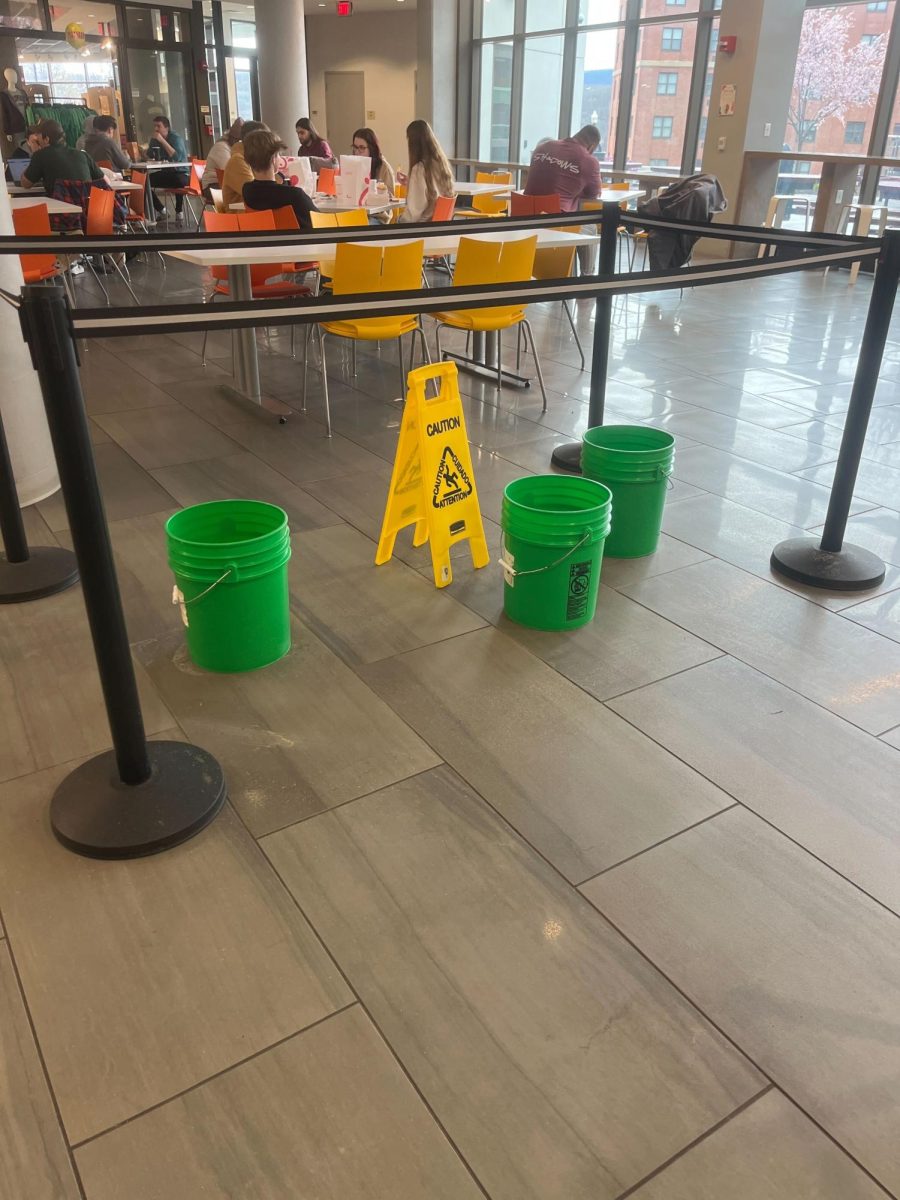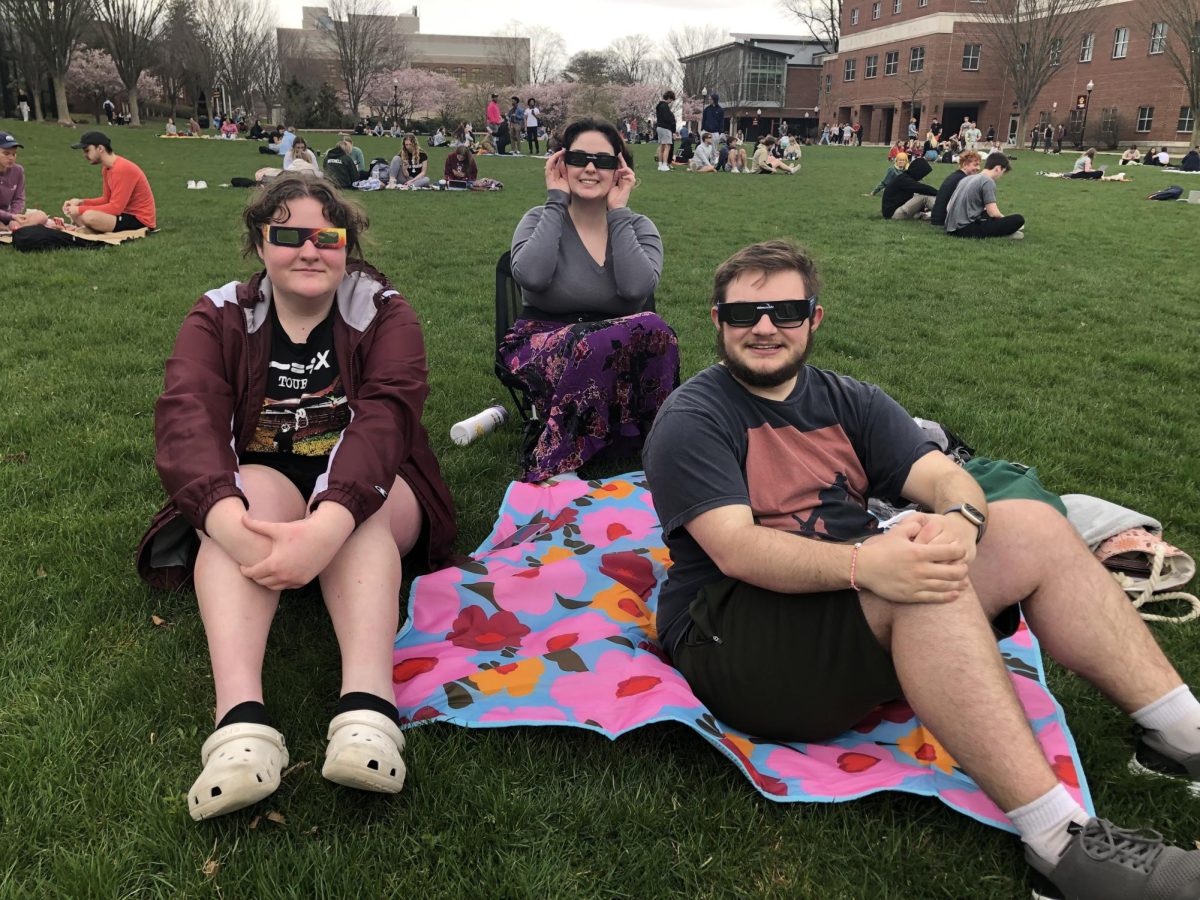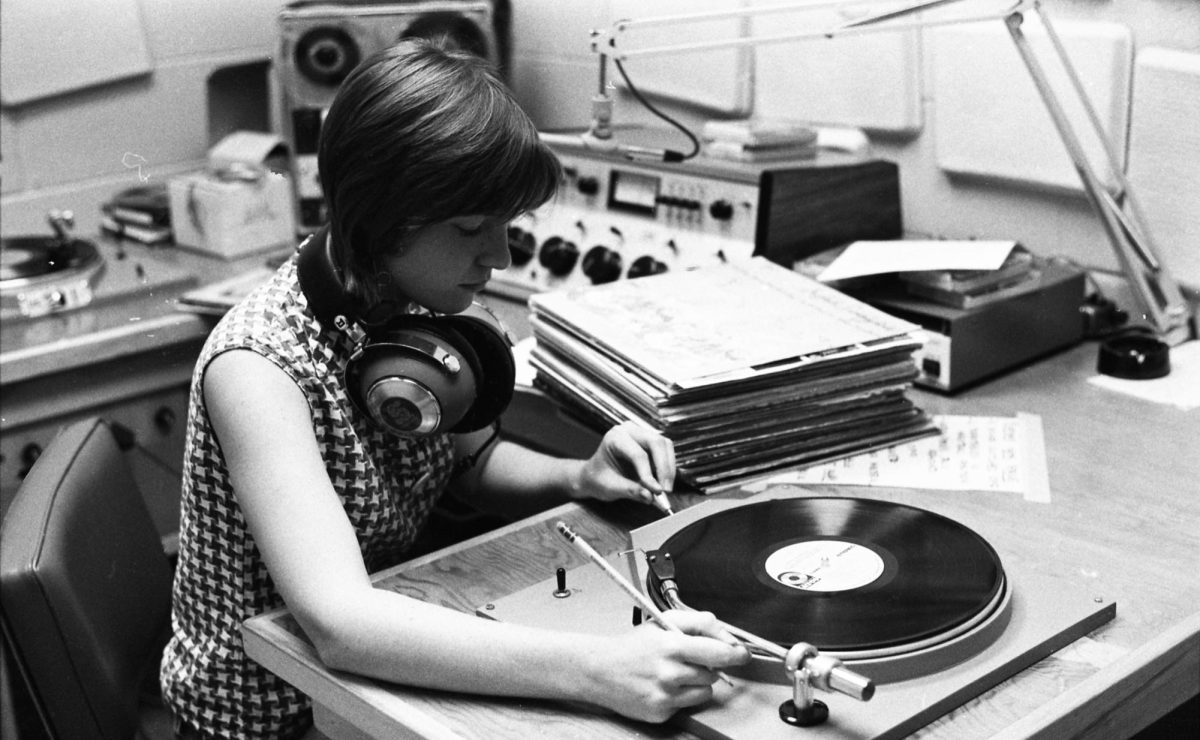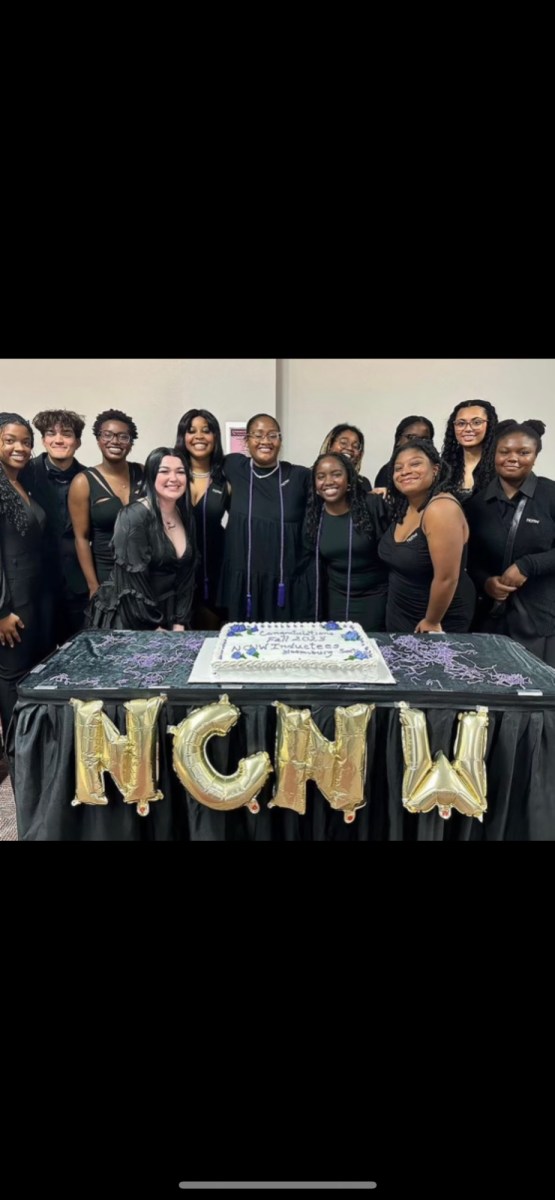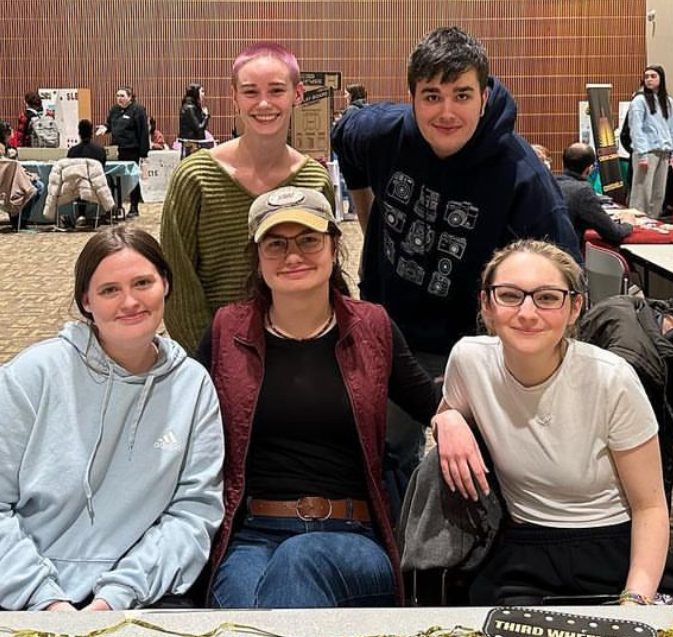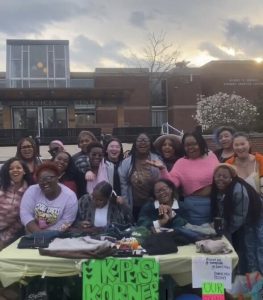Whether anyone really wants to admit it or not, social media has become an integral part of our lives. Not many of us take the time to call someone up to tell them about the concert we were just at, nor do we often flip through photo albums from our most recent family vacation.
Instead, we post status updates filled with pictures of the places we’ve been, or the outfits we wore, or how adorable our dog was on a sunny day. Despite the positivity that lies behind this aspect of our lives, people often demean the younger generations’ use of social media as “obsessive,” or they say we’re missing the point.
I think we’ve all had at least one person in our lives who has said that we focus too much of our attention on what we’re going to post on Instagram next. If we haven’t heard it directly, there have been enough articles written about it.
Yet, I’m not so sure we should hop on the bandwagon of those against how much we use social media. Whether someone wants to travel to New York City to take a selfie in front of Times Square, or go to the beach at sunset to capture the waves crashing with the swirling colors in the sky, or they don’t care whatsoever about taking any pictures at all, makes no difference.
Social media has become a part of our collective youth culture. We use it to keep in touch with one another, without having to say much at all. In fact, a picture on Instagram might just live up to the cliché, “a picture is worth a thousand words.”
When we open our feeds and see our friend, who went on a family trip to Disney World while everyone wore matching shirts and took pictures with the characters that wander around the park, or in front of Cinderella’s castle, we can see the excitement in their eyes.
We can feel the happiness that the individuals smiling in the photo felt during that trip. It allows us to relate to others in a way that might otherwise be inaccessible. To condemn the fact that people enjoy posing on the beach, or taking a selfie at a concert, or posting a picture of their ice cream, is to completely diminish the self-expression of those of us who chose to use social media.
There’s nothing inherently wrong about gathering your friends together for a picture before you depart ways after a night out. In fact, this is not a new concept that was invented with the rise in social media.
As children, how many of us were forced to wear a particular outfit and stand with our siblings or friends as the adults in our lives snapped photos of us? How about pictures taken at family gatherings or birthday parties?
Truthfully, this concept has been around for far longer than anyone would like to admit. It’s only now that we have the ability to control what can be seen all over the Internet that anyone has started to care about where we point our cameras.
Social media like Instagram and Snapchat have merely thrust our social lives to the forefront, which generates the perfect spotlight for criticism. As Andrea Romano asserts in an article for Travel & Leisure, “Posting a picture-perfect vacation photo isn’t just about the vacation, it’s about status.”
I feel that this is rather shortsighted, if not entirely patronizing to social media users, as we’re pegged as nothing more than those who are interested in racking up followers, likes, and comments.
The notion that we travel to particular places, or go to certain events, just for the fact that it’s “picture-worthy” is completely irrelevant. I’m not denying that there are probably people who do just that, because I’m sure that there are. The fact of the matter is that the majority of us do not do this, nor do we intend to.
I’ll be the first to admit that, as the holidays approach, I start thinking of what outfit I’m going to wear, because I know at least one photo will be posted online. Even though this may be on my mind, it’s most certainly not the center of my holiday.
While I can see the argument that even remotely thinking about the importance of “looking good” because a picture will inevitably end up on social media can take away from the actual experience, I don’t really see a negative outcome in my peer group.
From what I see every day on social media, it seems that posting photos online is actually creating a more positive and welcoming environment for us than it is being detrimental to our real life experiences.
With the ability to post pictures on social media, we are able to “like” and leave comments on each other’s posts. If we think someone looks pretty in a selfie, we can comment a string of emojis, or leave a heartfelt message. Realistically, there is no difference between saying these things to each other in real-life or online.
That’s not to say that there isn’t a fine line between using social media and allowing it to dictate your entire life. Social media has its downfalls, such as cyberbullying and trolling, just like everything else.
Nevertheless, if you can be exposed to a toxic atmosphere online, you can be exposed to that same situation in real life. The only difference between the two is that, in theory, anyone can access your online profiles in an attempt to be hateful. Luckily, most social media has blessed each user with the block, mute, and report buttons, all of which can be used at any given time.
I’m not attempting to mitigate the serious consequences of toxic Internet culture, but we also can’t ignore that the same culture resides within our non-virtual lives, as well.
Through the use of social media, we can share our lives with each other, while documenting it so we can go back and look through the photos like we would in an honest-to-God photo album.
We can share in each other’s special experiences and feel appreciation for one another. At the same time, we’re able to gain a better understanding of ourselves, our likes and dislikes, and express our interests and confidence.
Whether we’re posting ten pictures from our recent vacation, selfies of us posing in front of a mural we’ve seen on Instagram a hundred times, or of a garden in our hometown doesn’t make much of a difference.
People who use social media to share their lives with the world have an advantage over those who condemn us for doing so. We can watch each other grow, change, and share what we love, whether our photos are candid, posed, or somewhere in between.
Kristin is a sophomore Secondary Education English major and a Staff Writer for The Voice.


